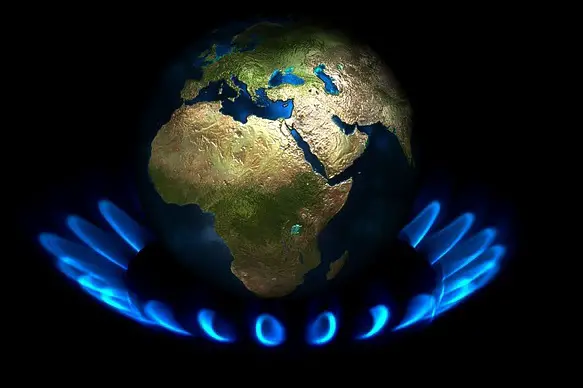On Sunday, citing Mark Helfrich, a member of the Bundestag’s committee on energy affairs, Bild am Sonntag reported that Germany may be forced to endure a shortage of liquified natural gas (LNG) next winter, because volumes procured under existing contracts are falling short of the nation’s demand for the gas.
German Vice Chancellor Robert Habeck delivered a letter to the Budget Committee which highlighted that official data shows that current gas deals deliver 75 billion cubic meters (bcm) of LNG. However the data also shows that currently Germany consumes 86 bcm, meaning t present there is an 11 bcm deficit of gas supply.
Helfrich indicated this does not appear an easy problem to rectify as, “there’s still no clarity on how LNG imports could be increased.”
Last year, Berlin reduced its importation of Russian energy by importing LNG through EU neighbors, and boosting its pipeline deliveries from Norway and the Netherlands. However experts note Germany was able to make it through a mild winter so far, only because it had filled its gas reserves over the summer, using massive flows of cheap Russian pipeline gas. Now, even if it wished to avail itself of that option over the coming summer, it is not possible due to sabotage of the undersea pipelines, by actors as yet unidentified.
Germany’s gas reserves still contain more than sufficient amounts to ensure there is no immediate risk of a shortage. However traditionally, those gas stores will run dry later in the year, and will need to be refilled.
When that time comes, Germany may face shortages, and have to implement energy saving measures.
Helfrich warned, “For the economy, it will mean a reduction in output.”
An analysis shows that Germany is still unable to substitute LNG imports for the previous Russian pipeline gas deliveries. Even as the nation brings more import terminals on line, projections show the energy crisis only abating in 2026, as additional production capacity is brought online in the US and Qatar.

